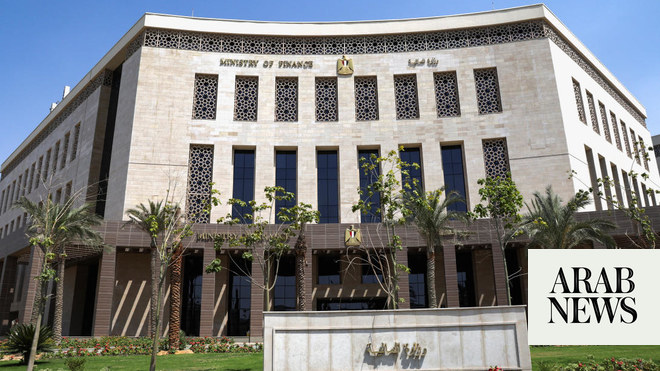
Egypt’s central bank left its main interest rates unchanged, saying a second quarter of strong GDP growth and an expected decline in inflation to single digits meant its monetary targets were on course.
The bank kept its deposit rate at 16.75 percent and the overnight lending rate at 17.75 percent, a move predicted by all economists polled by Reuters earlier this week.
The bank’s Monetary Policy Committee (MPC) said GDP had grown by 5.4 percent for a second quarter in a row and that its target for headline inflation remained on track despite rising to 13.5 percent year-on-year in July from 11.4 percent in May.
Egypt experienced a violent inflationary phase after the central banks decision in November 2016 to cut subsidy on local currency against the dollar, creating strong inflationary pressures.
Although inflationary pressures have decreased in recent months, there are factors that have been pushing inflation back, notably the governments reform measures to curb the budget deficit.
The government in June raised electricity and fuel prices, with petrol increasing by up to 50 percent. It also sharply increased the price of metro tickets in May.
The committee said it expected inflation to fall to single digits after the fiscal shocks had worked their way through the system.
“The MPC decided that keeping key policy rates unchanged remains consistent with achieving this inflation outlook and target path,” it said in a statement released after the Thursday meeting.
The central bank had hiked overnight rates by a total of 700 basis points following a November 2016 reform program backed by IMF, in which it devalued its currency by about half, decreased fuel subsidies and imposed a 14 percent value-added tax.
Later, in February of this year, it cut rates by 200 points. Several economists told Reuters they don’t expect further cuts until later this year.
The central bank appeared little fazed by the currency crisis in nearby Turkey, where the lira this week hit a record low of 7.24 to the dollar, down 40 percent this year.
“Global financial conditions continued to tighten, and trade tensions rose, pressuring among other factors currencies of select emerging markets,” the policy committee statement said.












